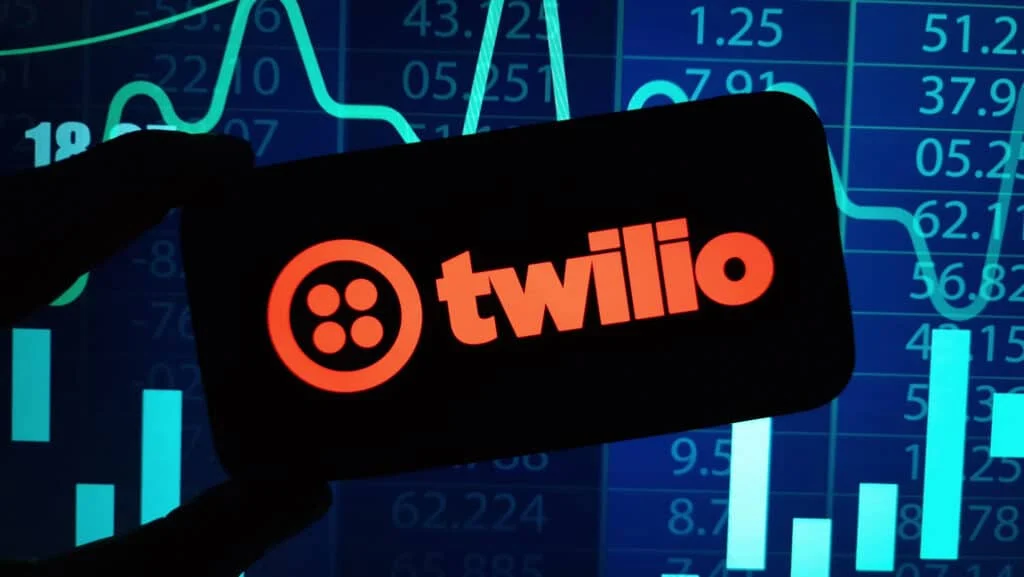Analyst(s): Keith Kirkpatrick, Brad Shimmin
Publication Date: May 27, 2025
Salesforce announced in late May that it had signed an agreement to acquire Informatica, a data management vendor with roots in IT, financial services, retail, and manufacturing.
What is Covered in this Article:
- Salesforce will acquire Informatica for approximately $8 billion in equity value (net of Salesforce’s existing investment), paying $25 cash per share to holders of Class A and Class B-1 common stock.
- The deal intends to strengthen Salesforce’s data backbone for agentic AI by directly embedding Informatica’s capabilities—data catalog, integration, governance, quality, metadata management, privacy, and MDM—into the Salesforce platform.
- The acquisition is expected to close early in Salesforce’s next fiscal year and to begin boosting operating margins in the second year post-close, while also shoring up Salesforce’s data strategy and expanding its reach in key verticals.
- Salesforce anticipates putting Informatica’s breadth and depth of data privacy, security, and governance capabilities to work in support of its Data Cloud offering, boosting access to high-quality data for all Salesforce customers.
The News: Salesforce announced an agreement to acquire data management vendor Informatica for approximately $8 billion in equity value, net of Salesforce’s current investment in Informatica. According to Salesforce, the agreement calls for holders of Informatica’s Class A and Class B-1 common stock to receive $25 in cash per share.
According to Salesforce, the acquisition is designed to enhance Salesforce’s data foundation, critical for deploying agentic AI, and will combine Informatica’s data catalog, data integration, governance, quality, and privacy, metadata management, and Master Data Management (MDM) services with the Salesforce platform.
The acquisition is planned to close early in the next fiscal year, according to Salesforce, and is projected to positively impact operating margins beginning in year two following the acquisition’s completion.
Salesforce Signs Agreement to Acquire Data Management Vendor Informatica for $8 Billion
Analyst Take: Salesforce has been a leading voice about the power of agentic AI, and highlighted the power of Data Cloud to enable seamless agentic workflows across its entire platform. However, the company’s agentic approach has been criticized by competitors as lacking native, seamless access to core data, which is often at the heart of company operations, and serves as the centralized, single source of truth for company data.
The acquisition of Informatica addresses this concern, as the data management vendor’s robust data framework, metadata, and integration, catalog, and lineage tools will show where data comes from, how it has changed, and how it is used, enabling auditability, regulatory compliance, and, most importantly, access to power agentic AI queries and tasks.
As such, Salesforce says it is planning on integrating Informatica’s technology stack — including data integration, quality, governance, and unified metadata for Agentforce, and a single data pipeline with MDM on Data Cloud — resulting in a single system of understanding, to allow agents (and humans) to seamlessly work across the Salesforce ecosystem.
Flipping the script to build AI value from the bottom up.
Considering Salesforce’s market presence and strategic ambitions, this acquisition makes for a very logical move. For years, Salesforce has excelled as a top-down vendor, providing solution-complete business apps built on its proprietary underlying technology best suited to those specific workloads. With this acquisition and the company’s recent work with Salesforce Data Cloud as a full-stack data platform, they are now building from the data foundation upwards. This shift is crucial because enabling customers to work with data across their entire enterprise, not just within Salesforce’s own applications, demands a strong focus on the fundamentals of data integration, quality, and governance. These are precisely the areas where Informatica has long been a leader.
However, as with any acquisition of this scale, the burden of integrating Informatica will be significant for Salesforce. This extends beyond the technical complexities of integration to encompass the stewardship of Informatica’s established business (especially that of its partner ecosystem) and the fulfillment of its existing customer contracts. While Salesforce did well in navigating similar challenges with Tableau, Informatica represents a much more complicated challenge. The company has long cultivated its reputation as a neutral, platform-agnostic data management provider – often dubbed the ‘Switzerland of data and AI’ – operating across diverse cloud, hybrid, and multi-cloud environments. Salesforce, which already possesses several overlapping technologies (e.g., Tableau, Data Cloud, and Agentforce), could inherently challenge this carefully maintained neutrality.
Still, by bringing Informatica’s considerable portfolio in-house, Salesforce can offer its customers a much more comprehensive solution, covering everything from raw data ingestion and preparation to AI-driven insights and actions within the Salesforce platform.
Salesforce’s Acquisition Strategy: Big Names, Big Capabilities
One of the hallmarks of Salesforce’s recent acquisition strategy has been to acquire large companies with significant customer rosters, robust feature sets, and advanced capabilities that would require a massive investment for Salesforce to build out on its own. The Informatica acquisition checks all of these boxes, and also provides air cover against competitive messaging from other SaaS vendors that are based on ERP applications or platforms.
In addition, while Informatica is clearly not a new company, it has significant brand value, along with a hefty roster of customers within the healthcare, retail, IT, and manufacturing sectors, verticals in which Salesforce is seeking to expand its footprint.
Most importantly, Informatica enables Salesforce to legitimately highlight Agentforce’s ability to leverage critical operational data, which is most often held or fed into an ERP system. This will help to neutralize criticism from other vendors and also help existing Salesforce customers who are using older ERP systems integrate this data into Salesforce.
What to Watch:
- Expect to see Salesforce lean into Agentforce’s future ability to act upon core-level ERP data, helping to enable end-to-end data decisioning and agentic workflows.
- Salesforce’s competitors will likely need to change their plan of attack, which previously characterized Agentforce as only working across front-office functions and data.
- The acquisition will intensify competition between Salesforce and other major cloud providers (Microsoft, AWS, Google, Oracle) and data platform vendors (Databricks, Snowflake), particularly in the data management and AI space. Competitors who benefit from Informatica’s historical neutrality might see this as an opportunity.
- Don’t sleep on Tableau. This acquisition will bring powerful data access and integration technology to the forefront for Tableau customers, particularly in delivering real-time data to the business.
See the complete press release with details on the planned acquisition at Salesforce’s website.
Disclosure: Futurum is a research and advisory firm that engages or has engaged in research, analysis, and advisory services with many technology companies, including those mentioned in this article. The author does not hold any equity positions with any company mentioned in this article.
Analysis and opinions expressed herein are specific to the analyst individually and data and other information that might have been provided for validation, not those of Futurum as a whole.
Other insights from Futurum:
Salesforce Announces Flex Credit Pricing
Futurum: Salesforce Retains Leading Position in Marketing Automation Software
Will Tableau’s New Enhancements Excite Its Current Users and Prospects?
Will Tableau’s New Enhancements Drive Use of Agentic AI Across the Enterprise?








